Entre Nous: An Interview with Peggy Orenstein
by
Marcelle Karp
Peggy Orenstein is, as a mutual friend has said, a national treasure. She is a treasured journalist. She is a treasured parent, spouse, daughter. She is a treasured friend and feminist. Over the course of her career, as a reporter of humanity, she has chronicled the lives of others as well as her own life. On February 27, her book, Don’t Call Me Princess: Essays on Girls, Women, Sex, and Life, a collection of her work, will be available for you to relish. Not only do you have a chance to read through her work that spans over thirty years, she introduces each piece with her personal reflection, a what-I-was-thinking-or-living-at-the-time. Don’t Call Me Princess is a reminder of how much Peggy has contributed to the world, to women, to feminism as well as how much of a national treasure she is.
You’ve been so prolific in your career. What was it like for you to return to these pieces, to these women you’ve chronicled?
It’s so much fun to do to look back at your work because I don’t really ever read something once I’ve written it, do you? I didn’t even know I had that many pieces and that’s just a fraction. It was also really interesting to see the things I was drawn when I was quite young sort of prefigured or predicted things that would happen to me later in life. To look at the Atsuko Chiba piece and think, “Oh my god, I did a piece on a Japanese journalist who had breast cancer!” I had not met my Japanese American husband, I had never been to Japan and it would never have occurred to me that I would get breast cancer. By the time I did the Ms piece, I had a pretty good sense I was probably going to be writing a lot about women.
I was so happy seeing so many of your pieces, like the one on Phoebe Gloeckner. You wrote, “It may be that you have to be 40 before you can reconcile with 14, before you can reach back in time and offer a consoling embrace.” It was, and still is, so precise and I related to it, so much. Plus Phoebe.
I love her. I think she’s just brilliant. When that movie came out—”Diary of a Teenager Girl”— came out, everyone was like, “You gotta see this movie, this movie this movie.” It’s like, I know about the movie, I knew about the book, I’ve been reading Phoebe Gloeckner since as long as she’s been writing. It’s really funny to take the longview of what’s happened to all these people and where things went.
You forged a name for yourself at a time when magazines dictated information, entertainment, and access to the world.
Looking back at the magazine industry was so interesting, when magazines were so central to what was happening in the culture the way, I hate to say, they’re not now. Also, the other thing was magazine articles used to be incredibly long. There was one piece I didn’t put in there because it was so danged long. There’s no way anybody would let me write a profile that’s 6000 words long in todays’ world. It would be ridiculous; even the New Yorker wouldn’t let me do that.
How did you get your start as a writer?
Adam Moss had been my first boss at Esquire. When I started. I answered his phones. He’s always fond of saying I was the worst assistant he ever had. The phone would ring and I would look at it and go, “You gonna get that?” I don’t know why I thought I could do that. I wouldn’t do anything. I wouldn’t get him coffee, I thought it was all beneath me as a powerful lady of the 80’s. I just wouldn’t do it and he didn’t know what to do so he promoted me. Let that be a lesson to me. We better put her to work, to do what she’s actually qualified to do. Adam was so much my mentor. It’s really interesting to think in the Me Too time, I realized my male mentors with basically one exception were gay men. I think that was a way to that allowed me to get around those issues too, which were certainly front and center when we were starting out. Adam Moss and Duncan Stalker and Doug Foster at Mother Jones were fundamental to me. I also feel really lucky to have forged really strong relationships with female editors. I list a lot of them in the book that were really instrumental. Those relationships are really important.
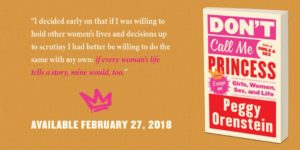
In reviewing your work, have you noticed that your approach to feminism has changed?
That’s an interesting question. I think yes and no. I’ve been really involved and been writing about kids and sexuality and sexual ethics and what that means about gender and power and everything, which ends up being the question of the moment as it happens. I feel like my values that I’m taking into this work stem directly from what was going on in the culture. When I was young, when I was in college and in high school, what was trickled down to me in terms of second wave—that generations’ ideas about our-bodies-ourselves-type female sexuality and female empowerment and the importance of female pleasure and taking responsibility for your orgasm and all of that —I feel like that stuff is really coming to bear on everything I do now. I think what has fundamentally changed for me is I’m much more exploratory and much less judgmental than I was when I was younger. The other big thing—and I don’t know that this is specifically to do with being a feminist but just in general—I feel much more comfortable being fully who I am in writing. Which is being a little, I hope, funny but also what you were saying in the beginning, of being able to look at my own work and go, “Oh God, I wrote that!” Just being honest even when it makes myself look bad. I wouldn’t have been able to do, partly out of experience and partly because I wouldn’t have felt people would be able to take me seriously when I was younger.
I often think that when we were younger, it was important to be taken seriously whereas now its important to have credibility.
Exactly. I remember what I wore on TV when I was out with my first book because I was so worried that people would think. First of all, I looked really young even for my age and I was young to begin with. Would anybody take me seriously? I had to look very wise and intelligent. Now I kind of feel like, where’s my jeans? I don’t need to look that way anymore when I’m on TV. I feel like I can speak and I can do what I do and I don’t really draw distinctions between the way I talk. If I’m talking to a 1000 people onstage or if I’m talking to one person. I feel like I strive to be consistent, be myself across all those domains instead of putting on this false front of expertise all the time.
Right, the whole, will they find me out mentality.
Yeah exactly. I don’t feel like a fraud anymore. Certainly I remember when I wrote Schoolgirls, writing in the introduction about feeling like a fraud and exploring that a little bit. I haven’t read it in a long time but I know it’s there. I know that I wrote about imposter syndrome in that book quite a bit. I understand why I felt that way. There was a piece of research I read when I was writing that book about how women tend to tell the stories. When women are asked to be on a panel or something and tell the stories of their careers, they tend to tell it as a series of accidents. “I just happened to get this job” and “Just by chance led to this.” As opposed to putting themselves in the center of their own narrative. After I read that, I thought “Huh.”
In hearing you say that, I am thinking “huh” too!
I had a boyfriend who was also a writer. He would see something he’d want to comment on and he’d comment on it. I would see something I would maybe want to comment on and I’d think, well maybe someone will see it first, say it better, I don’t have time, I’m not really the person. By that time, four days had gone by and it was too late. I really make an effort to, if I see something that hits me, I immediately shoot something off to my editor in the editorial department at the NY Times. If they want it, they want it, if they don’t, they don’t. At least I’ve established a little foothold there and would get my name on the editorial pages.
This body of work is incredible. You have it broken out into four sections: the women you’ve observed, the woman you are, girlhood, sex. How did you end up deciding what to include?
The first cut I did wasn’t specific to girls and women; I just kind of took everything I liked. There are some things that aren’t in here that are some of my favorite pieces I’ve ever written. There had to be an organizing principle. Obviously the main focus of my work is about women and girls so that seemed like the right thing to do. I printed them all out and laid them on the floor and shuffled them around until there was a kind of grouping that made sense. I had different ones at the different times. Sometimes I had more, sometimes I had less. Finally it came to fit the best this way.
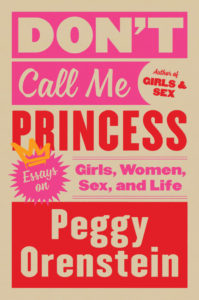
That’s how we used to lay out BUST, in the 90’s. Print all the pages out and shuffle the stories around until they flowed in a way that made sense.
I don’t know that theres any other way. I just had my ovaries removed because that was the last piece I had to do before all this cancer stuff. It was that week that we decided that I’d need to get that turned in. I was hobbling around the house with these little stacks of articles on the floor on pain meds. I don’t know why I had to do that. Like why couldn’t I have waited a week? I don’t know. Seems like I’m always doing some major project whenever I have to have some major surgery; those two things seem to always coincide. I think it’s because I don’t like to give in to infirmity, like physical infirmity. Afterwards, I always think like sit around and eat some damn chocolate, what is your problem? Don’t decide when you have a mastectomy, you have to write a major cover story for the New York Times. How about that? I think I have a constitutional need to put together an anthology while I’m recovering from major surgery. My body has taken a lot of abuse and I think its my way of asserting myself in the face of that.
You have the life of an artist. That probably plays into it.
For me, so much of being able to do what I want to do has been not about thinking about it just as me, but thinking about it in relationship with Steven (Okazaki) my husband. I just don’t know how I could do what I’ve done. I have to go to Australia in May and Steven was just like, “Go by yourself. You can use the time as a writers retreat.” I said, “But I’m going to be gone almost three weeks!” And he said, “Eh, not to worry, we can make it work.” If I was with somebody who couldn’t do that, I think it would have been much much harder to do the work I’ve done. The upside is we are able to create our own schedules and our own time. The downside is neither of us has a real job. So you know things like health insurance income, all that kind of stuff falls by the wayside. But the aspect of being able to be flexible has been completely worth it for both of us to do that.
Has your daughter, Daisy, read any of your work thus far?
At some point, I hope Daisy will read the book about trying to have her (Waiting for Daisy) or just general whatever I’ve written. I feel like she’ll know me as I was instead of as I am. When my mom got to be a certain age, whatever she was telling me about who she was may or may not have been true. It would have been a really cool thing to be able to know her as she was when she was that person. I’ve also made sure to tell Daisy that when she does read that, she’ll recognize that we’re characters in that book; Steven comes off as way better and I come off as way worse than we really were. Steven completely disagrees with, by the way. She always says she doesn’t want to read it because she lives it. I get that. but at one point she watched an episode of “Toddlers and Tiaras” at somebody’s house. I said, okay if you’re going to watch an episode of that show you have to read the chapter in Cinderella Ate My Daughter about those girls or you may not ever watch one of those shows. So she had to read that chapter and she liked it so that was nice.
Nice work! I feel like our daughters have a front row seat to the characters we are. Maybe reading what we write is more entertaining than we imagine.
There’s some major gross out factors. You don’t really want to know your dads sperm count or your parents sex lives or anything like that. I feel she’ll kind of be able to, if she chooses, have a bond with me in a different way that makes me really happy. Or maybe she’ll read them after I’m dead.
It’s tough because we’re already right, right? (LOL)
Yeah. I’m always wrong, that sucks too. What are you going to rebel against?
***
Pick up and or order Don’t Call Me Princess: Essays on Girls, Women, Sex, and Life now!
You can follow Peggy on Twitter!
And you can see her at these following events!
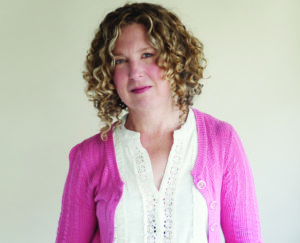

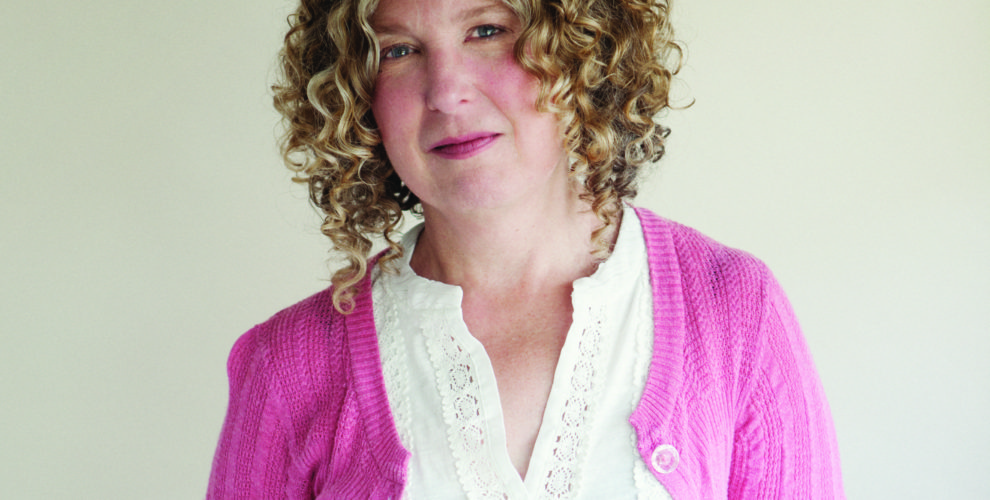
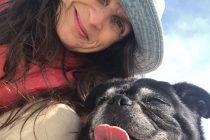
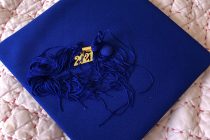
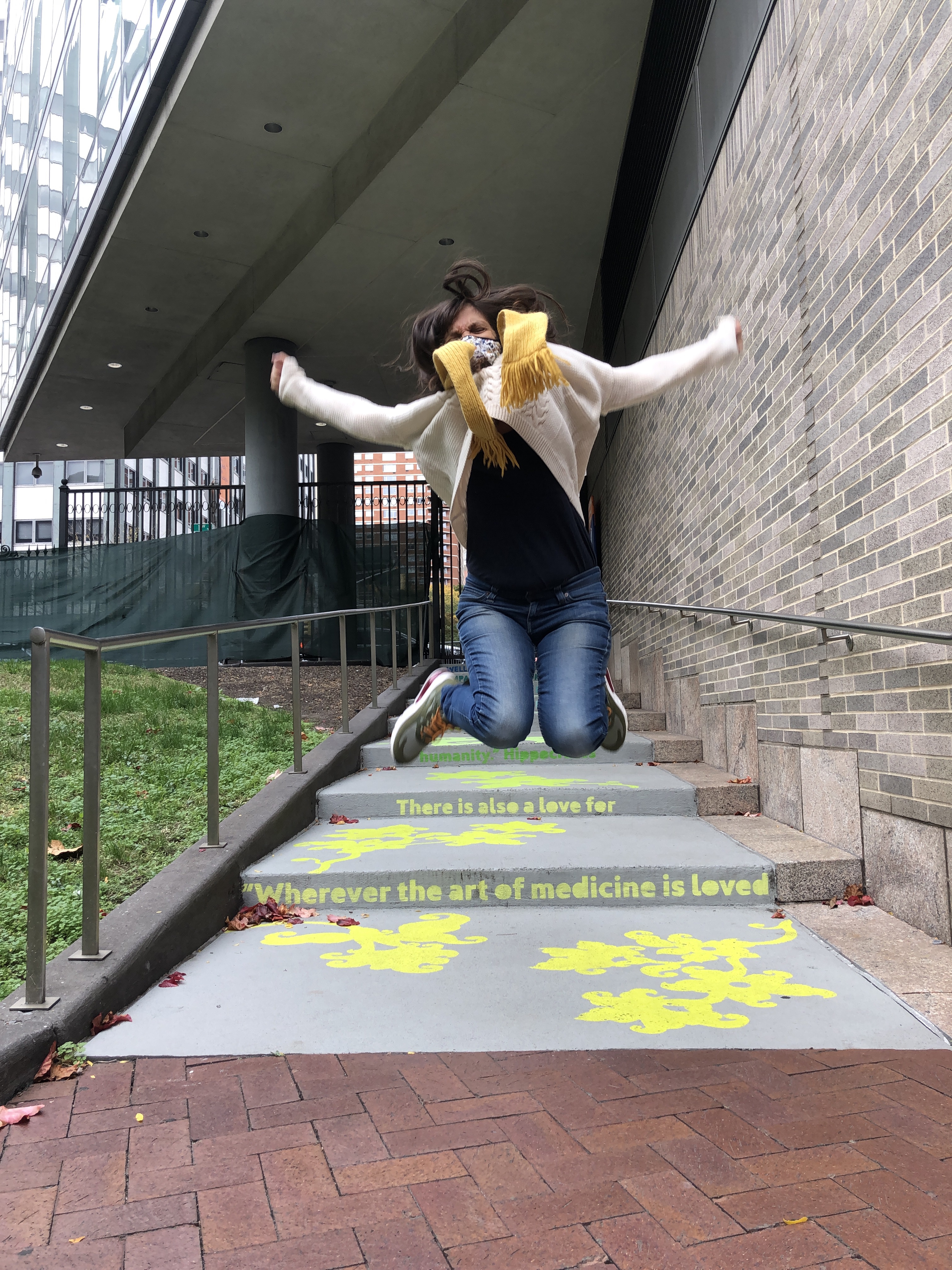





0 Comments